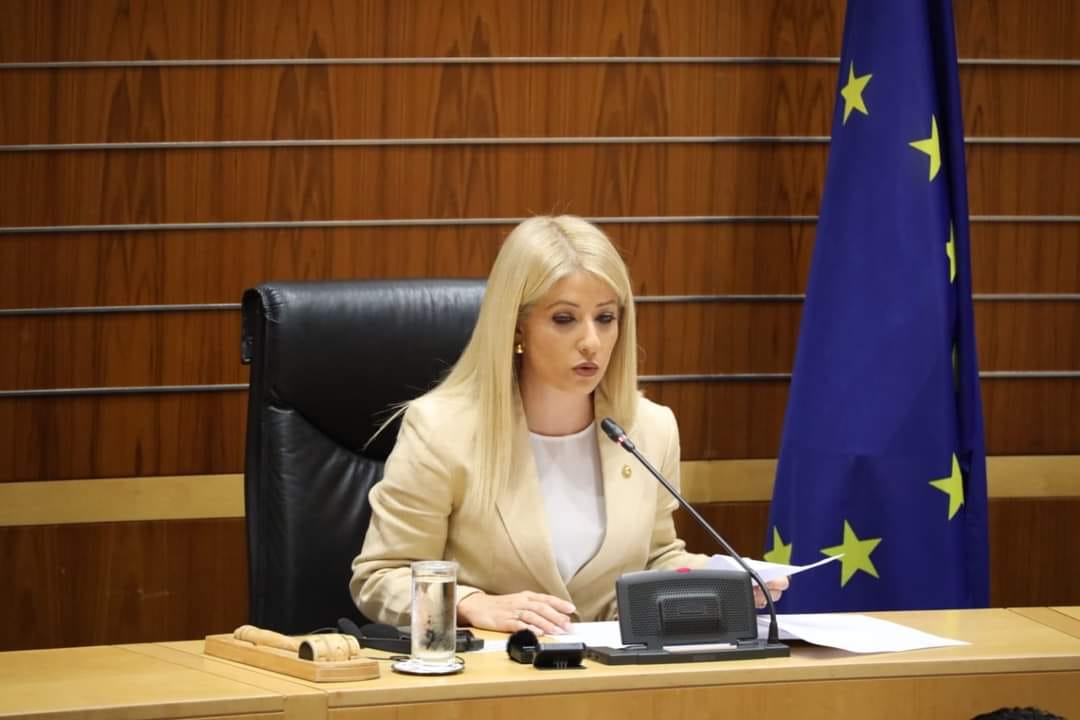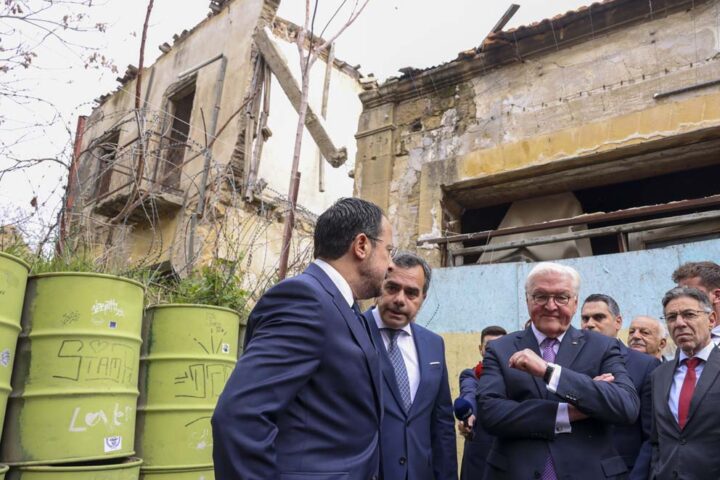President Nikos Christodoulides welcomed Thursday the approval of the Cyprus state budget for 2024, noting that “the House’s decision reflects a responsible act and serves as a milestone in the government’s effort for the country’s development and the well-being of its citizens”.
In a written statement, Christodoulides expressed “particular satisfaction with the overwhelming support for the state budget. This is tangible evidence that the government can achieve broad political consensus, always for the benefit of our people and our country”.
The president also welcomed “the constructive contribution of all political forces and members of the legislative body in shaping the state budget, with the proposals and amendments they submitted.”
On Wednesday, the 2024 state budget, the first one submitted by the Christodoulides administration, sailed through the legislative process, securing approval with 37 MPs in favour and 19 opposed.
Support for the budget came from members of DISY, DIKO, EDEK, DIPA, ELAM, and independent MP Andreas Themistokleous. However, opposition was voiced by MPs of AKEL, the Movement of Ecologists – Citizens’ Cooperation, MP Kostis Efstathiou, and MP Alexandra Attalidou.
A total of 106 amendments were tabled, with 39 gaining approval.
The pivotal element was right wing DISY’s backing, which, while expected, drew attention as party leader and House Speaker Annita Demetriou the budget highlighted a concerning trend of escalating inelastic spending.
The DISY leader and party deputies delivered extensive speeches during the budget debate, highlighting the perceived expansion of the state payroll.
Criticising the government for mass hiring in the public sector, DISY said that within the first nine months of Christodoulides’ administration, procedures for 2,400 new hires in the public and wider public sector had been initiated, surpassing annual retirements and departures.
Mass hiring
It highlighted concerns about the combined impact of mass hiring, increased Cost of Living Allowance, and the new pension plan leading to a 14% increase in the state bill within a single year.
DIPA, a centrist party supporting the Christodoulides administration, focused on the state payroll, but unlike DISY, commended the government’s recognition of the issue of inelastic spending, particularly the state wage bill.
The decision to commission a special study on rationalising the state wage bill by international experts was viewed as a crucial and necessary step, said DIPA.
It noted a small overall increase in new positions in the 2024 State Budget as evidence of the government’s intentions.
Turning to revenue and expenditure, the budget for 2024 forecast revenues of €13.8 bln, a 7.2% increase from 2023, and expenditures of €12.9 bln, a 6.4% increase from the previous year.
The Medium-Term Fiscal Framework for 2024-2026 predicted revenues of €14.4 bln for the general government in 2024, rising to €14.9 bln and €14.03 bln in 2025 and 2026, respectively.
In terms of the central government, the state budget anticipated revenue of €9.89 bln (a 9.6% increase from 2023) and expenditures of €10.5 bln (a 17.7% increase from the 2023 estimate of €8.9 bln).
The budget allocations for the three-year period from 2024 to 2026 outlined primary expenditures, including social benefits (€5.94 bln), co-financed projects (€1.28 bln), operating expenses (€1.02 bln), roads (€414 mln), maintenance and repairs (€356 mln), construction projects (€220.72 mln), and infrastructure projects (€139.7 mln).
Additionally, the budget included €900 mln for green development projects and actions, along with €288.3 mln for digital transformation projects.










